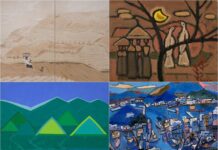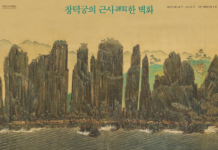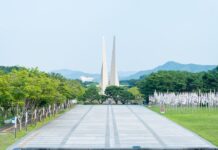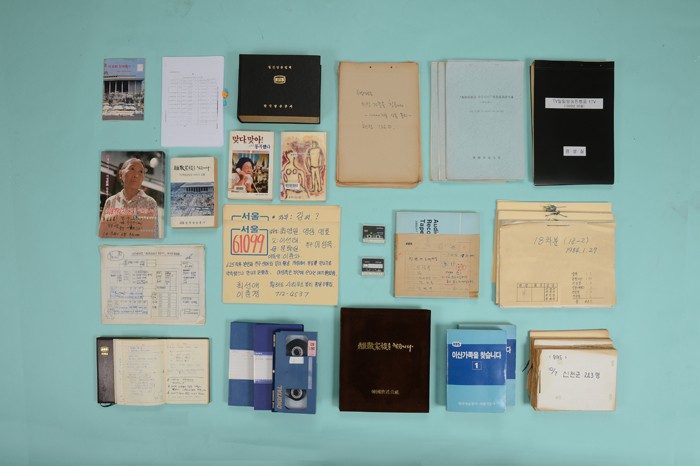
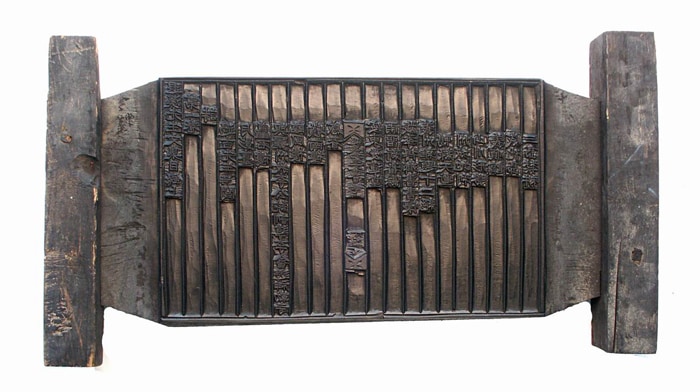
UNESCO has honored two documentary heritage items from Korea’s past. The broadcast archives of war-dispersed family members in 1983 (top) and Confucian printing woodblocks (bottom) are both now on UNESCO’s Memory of the World list.
The archival broadcasts of the 1983 family reunions and a collection of Confucian printing woodblocks have both now been included on UNESCO’s Memory of the World list. The 12th International Advisory Committee for the UNESCO Memory of the World program was held from Oct. 4 to 6 and the body honored the two items of Korean documentary heritage as being authentic, unique and irreplaceable. The Korean Broadcasting System (KBS) aired “KBS Special Live Broadcast: Finding Dispersed Families” for 138 days, from June 30 to Nov. 14, 1983. The archives comprise of 20,522 records, including producers’ notes, 463 video tapes of the 453 hours and applications from people to participate in the program.
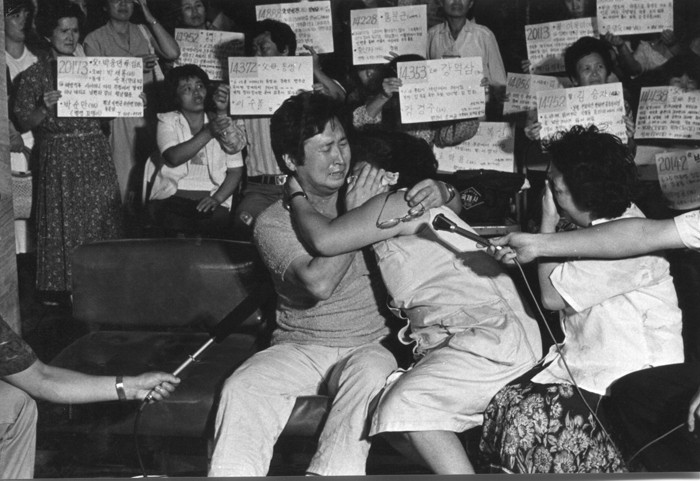
Family members that were separated by war are reunited in 1983 after decades of being apart. The reunions of separated families were broadcast on ‘KBS Special Live Broadcast: Finding Dispersed Families.’
The KBS archives are only the second video or broadcast archives to be included on the UNESCO list. The moments of reunion after years of separation and the reminder of the cruelty of war were the main reasons for the archives to be inscribed on the list, UNESCO said. The printing woodblocks were created to publish Confucian books during Joseon times (1392-1910). The 64,226 printing blocks can produce 718 titles that cover everything from literature, politics and economics through to philosophy and interpersonal relationships. Their importance lies partially in how they were created: Confucian scholars formed local academic communities and discussed what to publish and then handed their publications over to later generations for the communities’ academic and moral development.
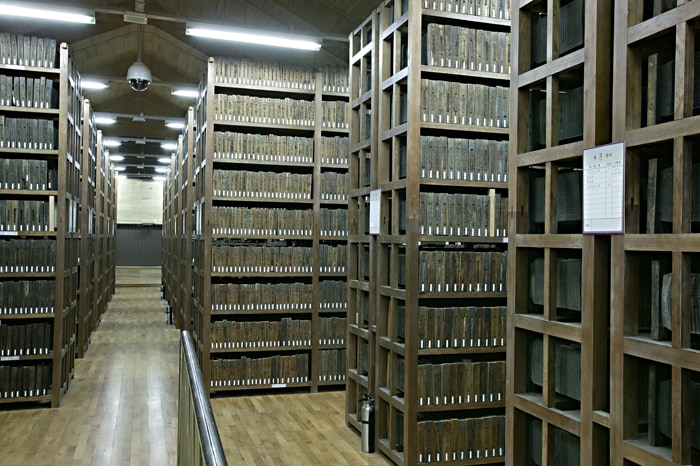
A collection of printing woodblocks that can print books about Confucian ethics and other subjects is preserved in Andong, Gyeongsangbuk-do Province.
Including these two new inscriptions, Korea now has 13 items of documentary heritage on UNESCO’s Memory of the World list.
By Chang Iou-chung
Korea.net Staff Writer
Photos: Cultural Heritage Administration
icchang@korea.kr




